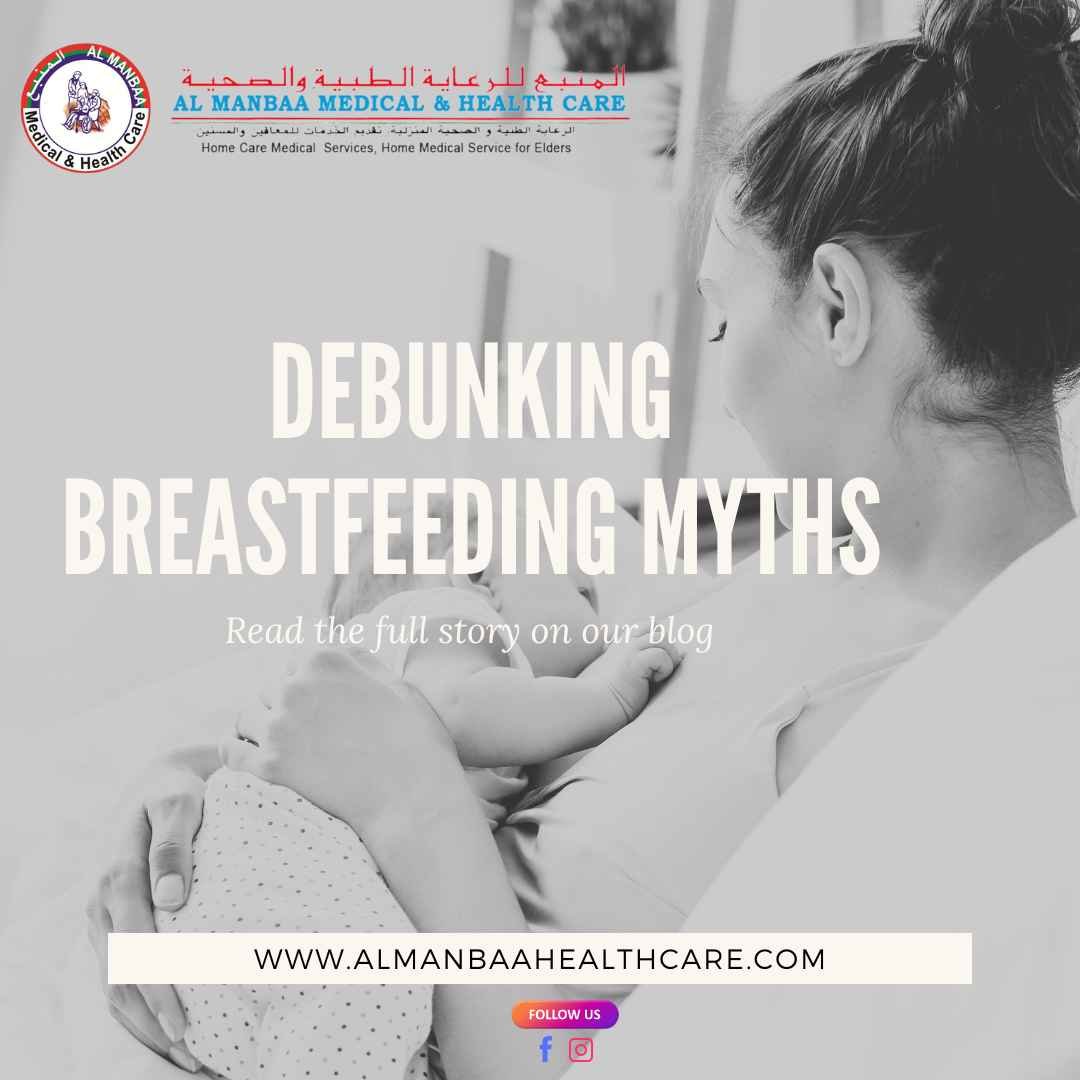


Breastfeeding is a natural and beneficial way to nourish a newborn, but it is also surrounded by numerous myths and misconceptions. These myths can create unnecessary anxiety and confusion for new mothers. Let’s debunk some of the most common breastfeeding myths and provide evidence-based information to help mothers make informed decisions.
Myth 1: Breastfeeding is Always Painful
Fact: While some discomfort is normal in the early days as both mother and baby learn to breastfeed, persistent pain is not. Proper latch and positioning are crucial to avoiding pain. If breastfeeding remains painful, consulting a lactation expert can help address and correct any issues.
Myth 2: Breastfeeding Makes Your Breasts Sag
Fact: Breast sagging is primarily due to pregnancy itself, aging, and genetic factors, not breastfeeding. During pregnancy, hormonal changes affect breast tissue, which can contribute to sagging. Proper breast support and maintaining a healthy lifestyle can help mitigate these effects.
Myth 3: You Should Only Breastfeed for Six Months
Fact: The World Health Organization (WHO) recommends exclusive breastfeeding for the first six months, followed by continued breastfeeding along with appropriate complementary foods up to two years of age or beyond. The duration of breastfeeding is a personal decision, and continuing beyond six months can provide ongoing benefits for both mother and baby.
Myth 4: You Can't Exercise While Breastfeeding
Fact: Moderate exercise is safe and beneficial for breastfeeding mothers. It can help improve mood, energy levels, and overall health. It's important to stay hydrated and to nurse or pump before exercising to avoid discomfort from engorgement.
Myth 5: If the Baby is Fussy, It Means They Aren't Getting Enough Milk
Fact: Babies can be fussy for various reasons, including growth spurts, teething, or simply needing comfort. It doesn't necessarily indicate a lack of milk. Monitoring weight gain and diaper output can help reassure mothers that their baby is getting enough milk.
Breastfeeding is a personal journey, and understanding the facts can empower mothers to make informed choices. Dispelling these myths helps to reduce unnecessary stress and supports a positive breastfeeding experience. If in doubt, always seek advice from healthcare professionals and lactation experts. Breastfeeding, with its myriad benefits, is a gift to both mother and baby, and accurate information can help ensure a smoother, more enjoyable journey.